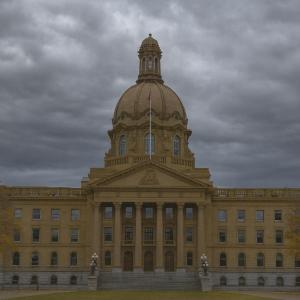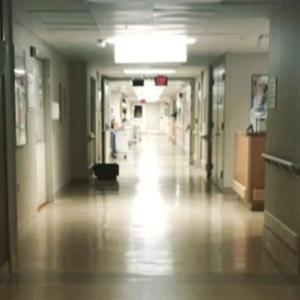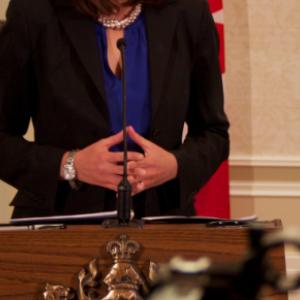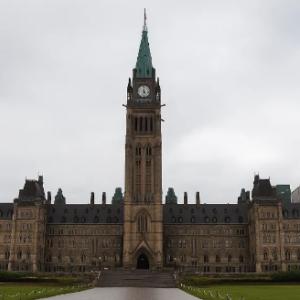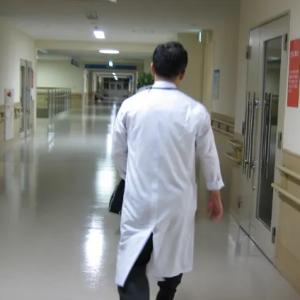A Natural Death
I recently witnessed the difficult natural death of an elderly family member. Although not his real name, I’ll refer to him as Stuart to respect his privacy.
Stuart was age 89 and quite frail. His kidney function had been in decline for a long time. After several hospitalizations, we suspected his death was near.
The hospital called my wife at about 8 am, indicating the immediate family should come in. We rushed to the hospital to be with Stuart along with the other close family members. It was the beginning of an agonizing and emotional death which stretched out over the following 42 hours.
The doctor informed Stuart that he was "passing" before we arrived to be with him. Looking back, I wish we'd been notified of this before Stuart slipped into unconsciousness, as we could have helped him cope with his ultimate diagnosis. Having another family member relay this later on was unhelpful, as we could no longer communicate with Stuart.
Stuart avoided end-of-life discussions, and we were always reluctant to broach the topic with him.
I sincerely regret not having the opportunity to help calm his fears. I think we all do.
We wanted to make sure he wouldn't die alone, so we took turns at his bedside.
Gradually, his breathing became very shallow and slow. The hospital provided us with information on what to expect. Still, we weren't prepared for Stuart’s abrupt bouts of wakeful agitation, which took place several times before he died. Although we were told he wasn't in pain, it was excruciating to watch, especially over such a long period of time.
A natural death is somewhat unpredictable. Strong medications can understandably induce unconsciousness, but we were shocked when, after hours of being unconscious, he awoke, eyes open wide and moaning loudly. We tried our best to console him, but it was difficult.
Looking back, we frequently ask ourselves what we could have done better. Although we’ll never know the reason for his agitated behaviour, we are deeply sad that our loved one had such an emotional exit.
This natural death was much different than the MAiD death I witnessed only a few months ago of another family member. That situation was peaceful and reassuring to watch. Both were uncomfortable, but it’s entirely clear which was better.
As a seasoned death doula, here's what I’ve learned:
Accepting the fact we will die and planning accordingly is best. Open conversations with loved ones when minds are clear lead to more family harmony, survivor resilience, and acceptance of the inevitable. These courageous conversations often lead to the greatest gift — being truly prepared.
---
Greg Barnsdale is the author of ‘Do Not Ignore Your Mortality — Practical Advice From A Funeral & Financial Insider.’ He strongly advocates for the Death Positive movement. Greg’s backstory and book can be found on his website.
